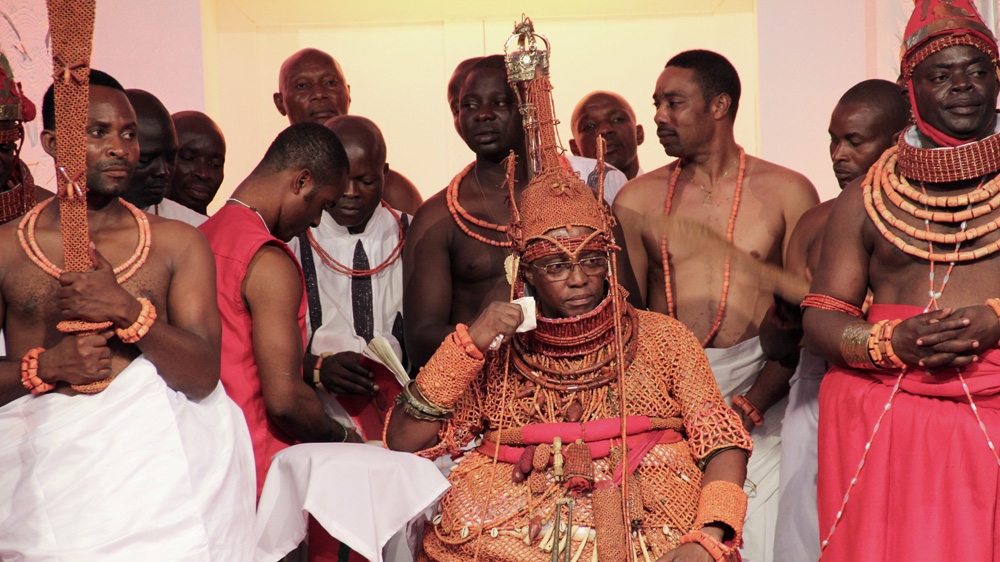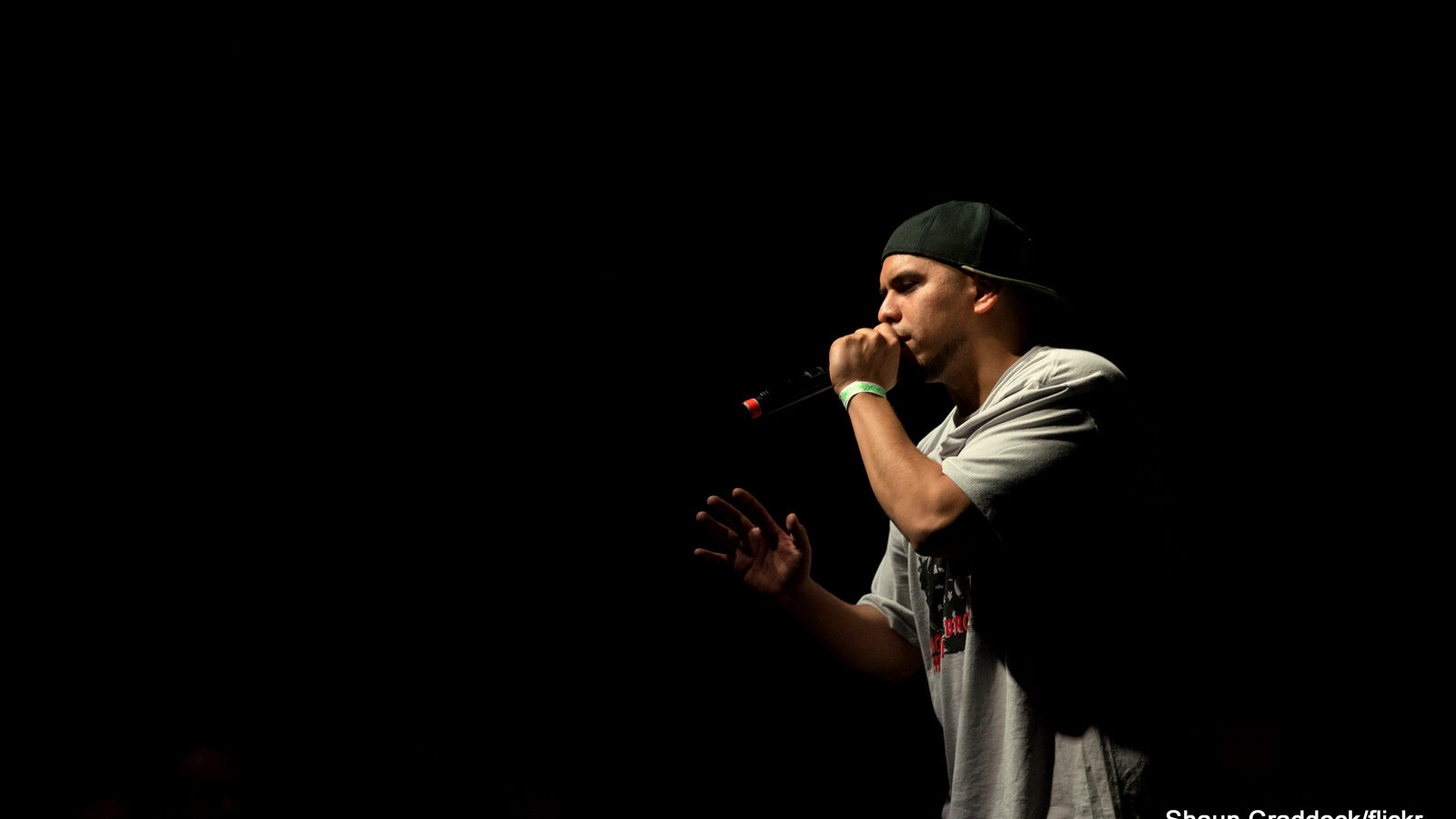IN the name of their forebears, the Edo people have always dwelt. They cannot say much without a reference to their past which, again and again compels them to seek to know who they are! The heartland of the Edo revolves round Benin City on which the famous Old Benin Empire held sway for over two thousand years. Contrary to the beliefs of what the earlier writers had believed that the Edo migrated from the Yoruba race or from Egypt or from Uhe, modern historians are now beginning to accept neither the fact that the earlier beliefs as to the Edo origin are neither supported by arehaeo1ogicaI nor ethnological facts. Famous Edo works of arts, stand out uniquely - (neither Egypt’s nor Ife’s works have much in common with the Benin artifact). Were the Benin to originate from Ife or Egypt then their works of art and ethnological traces would have been replicas or similar in structure and form to those of their tutors. This assertion is made without prejudice to whatever political or social contacts the Edo people may have made with this ancient civilization. Thus, Dr. P. Amaury Talbot, in his book People of Southern Nigeria confirmed that “about the seventh millennium BC, a further wave of sudanic peoples began to pour in, first the Edo (Benin), EWE (POPO) and then the Ibo, ‘followed maybe about the second millennium BC by the earliest Yoruba.” in Professor A.FIC. Ryder’s book titled Benin and the Europeans 1485 - 1897 (pages 1-2) we are told that “This Edo speaking group of people covers an area extending from the broken, hilly country that borders the Igbirra and Igala in the north to the edge of the coastal swamp forest in the south, where their neighbors are the Ijo and Itsekiri. Their other boundaries are with the Yoruba to the West, and the Ibo to the East. Linguistic evidence suggests that they have occupied this region for some thousands of years in relative isolation, with the result. That their language and neighboring ones of the West Atlantic family, and even some of the dialects within the Edo group, have become mutually unintelligible.” Continuing, Ryder said:
“Language is not however, the only cultural feature which the Edo speaking peoples have in common. Dr. R. E. Bradbury has indicated three important characteristics of social organization that distinguish ah their communities, whether large or small. The village settlement is everywhere the basic political unit; within the village the male population is organized into age grades - usually three in number which represent the fundamental pattern of authority; and in their kinship and lineage organization there is a marked patrilineal bias and an emphasis upon primogeniture. In all likelihood agricultural village communities with these features of social and political organization characterized early Edo settlement; and such compact communities, largely autonomous in their political and economic life, still exist among them especially iii the north-western area".
In most places, however, this relatively simple pattern of organization has been overlaid hy the development of kingship, title systems and more complex political units; and it is the greatest of these more advanced politics, the kingdom of Benin, which has won renown to the Edo people. At the same time it must be emphasized that the sway of Benin seldom, if ever, extended over ah the Edo peoples; less than half of them were brought into the kingdom with any degree of permanency, and some areas in the north were probably never dependent upon Benin. And if Benin was not a state embracing ah the Edo, neither was it composed exclusively of Edo subjects, for to the West it encroached upon Yoruba areas, and in the East it embraced many of the Ibo living to the West of the River Niger.
"The origins of the kingdom are lost in myth and antiquity, from which survives only a tradition of migration from east that is common to many West African people. To reconstruct its growth it is therefore necessary to work backwards from nearer and better-known events which suggest that the process was not one of a number of groups coalescing, but the expansion of a city - state nucleus - something more akin to the emergence of states in classical Greece than in northern Europe.”


There are many versions of e origin of BENIN or more appropriately the Edo people. Chief (Dr.) Jacob Egharevba’s account stated that “many years ago, the Binis carne all the way Egypt to found a more secure shelter in this part of the world after a short stay in the Sudan and at Ile-Ife” which accounts takes no real cognizance of the culture which migrant bring along with themselves to their new-found land. As a further proof that the Edo people do not come from Egypt, one may say that the Egyptian writing culture is significantly absent in the Benin or (Edo) culture. The origin of the Edo people remains on Edo land and cannot have its origin from Egypt which lends none of her culture to the Edo. The nearest inform and style to Edo culture is that of Ancient Romans whose laws, cultural, social and architectural forms compare in similar terms to the ancient BENIN (Edo). This is not to say that the BENIN migrated from Rome but it indicates that life springs up at different points on the earth surface and the Edo people cannot be excluded from such a natural phenomenon. In short, no one can say where the Edo people came from. The Edo mythology says that Benin is the cradle of the world. According to the BENIN Tradition, Edo orisiagbon meaning Edo is the cradle of the world. It is believed that all other people started life on Edo-land for the Oba of BENIN (king of Benin) owns the land as given to him by God Almighty!
Check next page for the origin of benin kings
Check next page for the origin of benin kings
There were thirty—one of these kings who were styled Ogiso and their rule lasted for nearly 1000 years. In his book titled A Short History of Benin, Chief (Dr.) Jacob
U. Egharevba said Thirty-one Ogisos reigned but he only named .Fifteen of them as follows:
U. Egharevba said Thirty-one Ogisos reigned but he only named .Fifteen of them as follows:
(1) Igodo (Obagodo) (9) Oriagba
(2) Ere (10) Odoligie
(3) Orire (11) Uwa
(4) Akhuaiilchuan (12) Eheneden
15) Ekpigho (13) Obioye
(6) Oria (14) Arigho
(7) Ernosé (15) Owodo
(8) Orhorho
(2) Ere (10) Odoligie
(3) Orire (11) Uwa
(4) Akhuaiilchuan (12) Eheneden
15) Ekpigho (13) Obioye
(6) Oria (14) Arigho
(7) Ernosé (15) Owodo
(8) Orhorho
However, in the lecture delivered by Dr. O.S.B. Omoregie on the Evolution of Benin, as part of lectures on the lost Treasures of Ancient Benin organized by the National Commission of Museums and Monument, Benin City, June 25, 1982, the name of the Ogisos were given as follows:
NAMES OF PAST OGISOS
(1) Igodo or Obagodo (16) Oírla . .
(2) Ere (17) Emose (female
(3) Orire (18) Orrorro (fema1e
4) Odia (19) Irrebo
5) lgh ido (20) Ogbomo
(6) Evbobo .. (21) Agbonzeke
(7) Ogbeide (22) Ediie
(8) Ernehen (23) Oriagba
(9) Akhuankhuan (24) Odoligie
(10) Ekpigho (25) Uwa
(11) Efeseke (26) Eheneden
(12) Irudia (27) Ohuede
(13) Etebowe (28) Oduwa
(14) Odion (29) Obioye
(15)’ Imarhan (30) Arigho
(31) Owodo
NAMES OF PAST OGISOS
(1) Igodo or Obagodo (16) Oírla . .
(2) Ere (17) Emose (female
(3) Orire (18) Orrorro (fema1e
4) Odia (19) Irrebo
5) lgh ido (20) Ogbomo
(6) Evbobo .. (21) Agbonzeke
(7) Ogbeide (22) Ediie
(8) Ernehen (23) Oriagba
(9) Akhuankhuan (24) Odoligie
(10) Ekpigho (25) Uwa
(11) Efeseke (26) Eheneden
(12) Irudia (27) Ohuede
(13) Etebowe (28) Oduwa
(14) Odion (29) Obioye
(15)’ Imarhan (30) Arigho
(31) Owodo
The expanded form of the word Ogiso is Ogie-Iso, which. When translated in Edo means King from Heaven or king of the sky. The word Ogie means king, Iso means .sky or Heaven. Thus Edo people believe that their kings come from the sky or more appropriately, from Heaven or from God. It is this belief which explains why the Oba is the embodiment of the culture of the Edo people. The story of the people cannot be written without reference to their kings (or Oba). Indeed, everything revolves round the Oba. For example, a matured man would be appropriately referred to as Opioba (meaning Oba’s man). Conversely, a woman would be referred to as Okhuoba (meaning Oba’s woman).
The salutations of the Edo people have not excluded their Oba. Thus for “good morning”, the Edo man will say Oba owie (meaning the king of the morning). For “good afternoon’, they will say Oba avan (meaning king of the noon) and for “good evening”, they will say Oba ota (meaning king of the evening). The origin of the word.Oba has been a subject of much controversy. The early kings in Benin were known as Ogisos. The successors were the Obas which began with Oba Eweka (1200 AD). Some writers claim that the word Oba is a Yoruba word which means king. Others insist that the word must have been derived from the Benin words O baa meaning “it is hard or difficult” or probably from an abbreviation of the original name of the first Ogiso Obagodo (Oba godo; Oba - king; godo - high; thus High King). The long history behind the Edo people is reflected in their uniquely rich cultural heritage. The heritage they leave behind tells of a story of the greatness similar to those of Alexander or Hercules as understood by Europeans. To lay to rest all the conflicting beliefs about the origin of the Edo people, one can now say unequivocally that the Edo people never migrated to their present location, but in fact were created in and have always lived on the pre-sent site of their ancient City. There is no doubt that other people have migrated to join the aboriginal Edo people and that in the course of history the migrants have inter-changed their culture and also imbibed the culture of their new abode.
 |
| New Crowned king. Oba of benin |





No comments:
Post a Comment